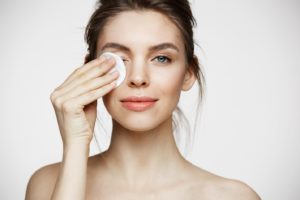
Sleeping in Makeup: Why You Should Stop it and How to Remove Makeup
Does this sound like you? You come home from a long sunny day or a night out dancing and drinking, you get to your room,
Looking for answers about our website, products or services? We are here to help.
For any question, please contact us.
Monday - Thursday: 9 am - 4 pm EST,
Friday: 9 am - 2 pm EST
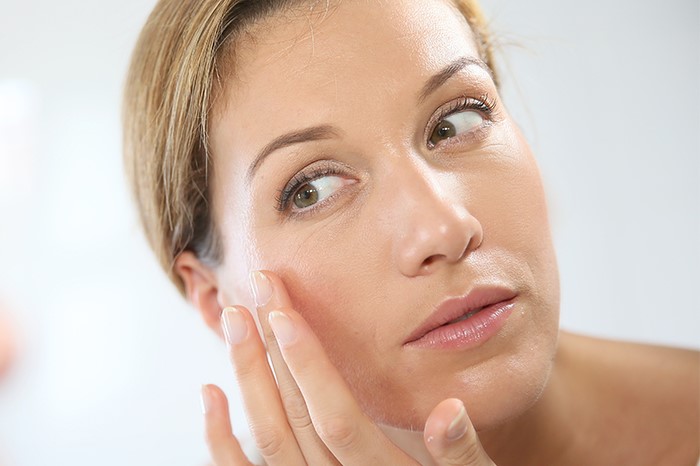
As the years fly by, you will not help but notice the effects of aging on the skin. This is because as we age, our skin is continuously at the mercy of external forces like sun exposure, harsh weather, and some occasional bad habits—your skin ages from several factors ranging from diet, lifestyle, personal habits, and hereditary traits. For instance, people who smoke are more likely to notice the premature signs of aging faster than people who don’t smoke. This is because smoking can produce free radicals from previously healthy oxygen molecules that become unstable and overactive. At worst, free radicals can damage cells and lead to premature wrinkles.
More effects of aging on skin can be caused by primary factors, including the normal aging process, sun exposure, and pollution. The more we age, the more our skin loses its subcutaneous support. This loss of support is caused by a breakdown of the fatty tissue that bonds our skin and muscle. The result is sagging skin that looks wrinkled and old.
Some more factors that trigger aging on the skin include stress, daily facial movement, obesity, and sleeping position.
The process of maintaining youthful skin is a tedious one. Fortunately, with the right skincare regimen and quality products, it can be rewarding.
Let us take a look at the eight significant changes of aging on the skin. Of course, you can always take steps to ensure your skin stays supple and fresh looking.
As we age, the thicker and deeper layer of skin loses anywhere from 20-80% of its thickness. Literary, the skin becomes thin. This is down to changes in the cells that handle collagen and elastin. When this happens, the proteins are produced at a much slower rate, affecting the skin’s structure. Without the right amount of collagen, the skin inevitably starts to hang loosely and appear slacky. While these changes in elastin fibers are inevitable, the extreme loss of elasticity happens at a much older age.
For treatment, the Gold Elements Mega Cream has you covered. Inspired by unique plastic surgeon techniques, this cream is formulated to suspend the effects of time and restore the skin’s lost youth.
You should be careful with everything you subject your body to as you age. The skin heals more slowly for every candle you blow at a later age. Coincidentally, the sweat glands that help cool off the body and even help heal wounds are also weaker in older adults. This makes it harder for the body to repair itself as there are fewer regenerated cells available. Any available cells are placed so farther apart which makes the healing process too slow. As far as the effects of aging on the skin go, losing the healing powers of skin is something we rarely get excited about.
The inner layer of the skin is where the skin’s sweat glands, blood vessels, hair follicles, and fat are found. The more we age, the more the protective layer of fat thins, losing its protective barrier and providing weaker insulation to the skin. This makes skin even more fragile and vulnerable to injury. Also, without this fat layer, older people may become more sensitive to cold, heat, and touch.
One of the repercussions of aging on skin is a dry and itchy feeling. The sebaceous glands that are responsible for lubricating skin are unable to produce the same amount of oil with age. Skin dryness is usually more visible in older women as their sebaceous glands produce less oil after menopause. With lesser amounts of oil, the skin produces reduced levels of moisture that is supposed to protect the skin. This results in dry and itchy skin, which looks and feels uncomfortable.
To ease some of the dryness, the Intensive Cleanse Softening Lotion – Best Lotion for Dry Skin from Gold Elements is the go-to product. The lotion helps to condition and rebalance skin, leaving it feeling fresh, smooth, renewed, and healthy-looking.
Older people have a harder time getting rid of unwanted heat from their skin. Unluckily for them, sweat glands become less efficient with age. This makes the task of controlling body temperature even more difficult. That’s not all; the risk of overheating and getting heat strokes becomes more likely as we get older.
The deepest layer of skin can start to resist medications with age. The layer, which consists mainly of fat, connective tissue, blood vessels, and nerves, helps the skin to absorb medications. This fat layer of skin absorbs most acne and dermatitis meds. As the layer becomes thin with age, the meds become less and less effective. At this point, the skin becomes selective on the products that you give it.
Bruising is a common trait in older adults and one of the unwelcome effects of aging on the skin. Without its fat layer, the skin becomes thin and exposes its blood vessels. This makes it prone to injuries and likely to break much easier. When blood vessels break, they may bleed and cause easy bruises.
Age spots are the small, dark brown areas on the skin that rarely fade and are common with aging skin. Unlike freckles, they can appear on technically every skin type. However, they are more common in older people with light skin. Although they have more to do with aging skin, they can also be triggered by sun exposure. As such, age spots will mostly appear on hands, face, arms, and shoulders. Luckily, age spots are not a health problem. That means you can treat them with anti-aging creams to significant effect.
It would be lazy to assume there is a magic formula from the fountain of youth that can help you look younger than you are. In any case, how you treat your skin matters and shows itself in the long run. If you want healthy, youthful-looking skin, you will have to put in some work. All that starts with the basics; a healthy diet, exercise, sleep, and a skincare routine.

Does this sound like you? You come home from a long sunny day or a night out dancing and drinking, you get to your room,
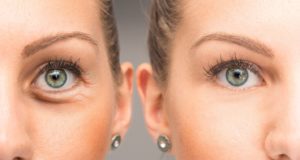
The area under your eyes is relatively small, maybe an inch across. When this area is flat and smooth, almost nobody notices, but suddenly everyone
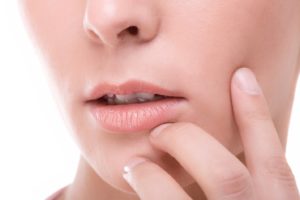
Are you experiencing itchy, dry, and chapped lips? The skin on your lips is thinner and much more delicate than other areas of the body.
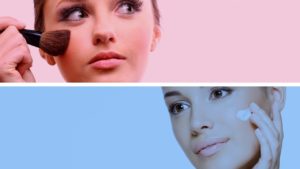
You may already know that sleeping with makeup is a skin care mistake. What you might not realize is the scale of how horrible it
Looking for answers about our website, products or services? We are here to help.
For any question, please contact us.
Monday - Thursday: 9 am - 4 pm EST,
Friday: 9 am - 2 pm EST
PAYMENT | Pay for your order using secure methods

Copyright © 2020 Gold elements, Inc. All rights reserved.
*By signing up, I agree to receive emails from Gold Elements. Click to read our Privacy Policy & Terms and Conditions.
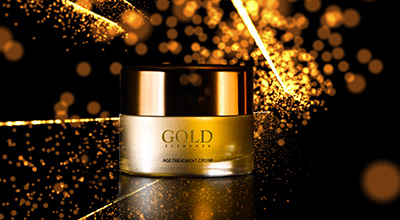
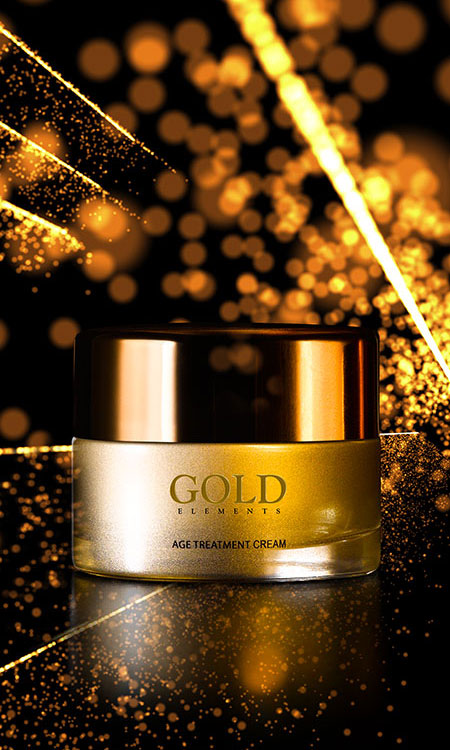
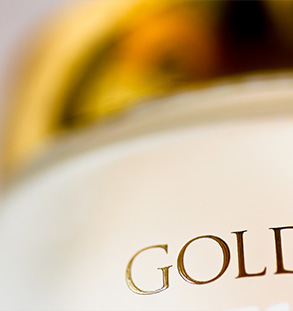




No products were found matching your selection.



